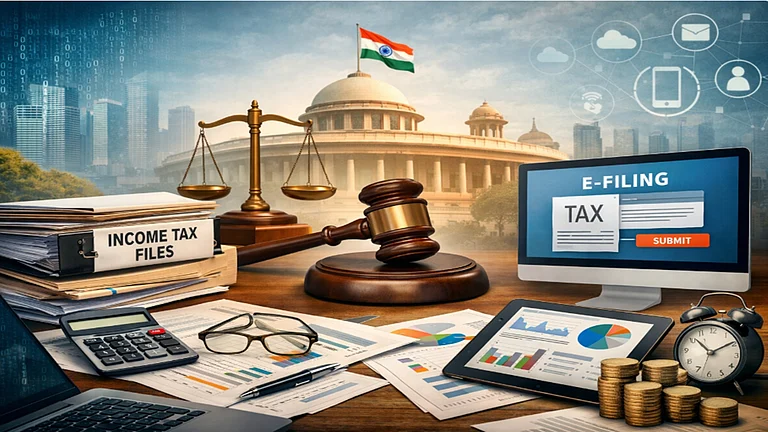All of us realise the importance of saving for retirement, especially when we get closer to the date. Take the case of Mr. Kumar. He is 59 and has one more year to retire. He has been thinking about this and planning for over five years, considering various aspects that he thinks are important. While on a morning walk, he met up with some of his friends who were discussing about life after retirement. This got him thinking actively on whether he has considered all factors to assess the level of sufficiency of his retirement funds to meet his needs.
He decided to make a checklist of his immediate needs towards retirement and the possible future expenses he is likely to have post retirement.
The cash outflow has to be compared and matched (in timing and quantum) to the possible income stream. It is best to match the nature (lump sum or periodic) of the outgo with the nature (lump sum or periodic) of the asset.
Ideally, Kumar should first deduct all his likely payments from the lump sum retirement benefits. The balance amount is what is available to him to be invested in suitable instruments in order to generate a regular income stream post retirement. It is also important to strike a balance between lump sum income and a regular income stream to take care of monthly expenses.
While trying to project his income and expenses post retirement he also needs to adjust them for future inflation (including medical inflation that is typically 2 to 2.5 times the economic inflation). He would also need to look at various products available for investment and map them to his expected tax liability post retirement.
While financial wellness does take away a lot of stress from retirement planning, physical and psychological well-being are equally important. Kumar should explore ways of keeping himself active and also engage in cognitive activities to keep the mind agile.
As one does not have much control over the number of dependants or employment opportunities available post retirement, these may become a hindrance. Such negative influences can be countered by proper financial planning for retirement and a positive attitude by adopting healthy behaviour and habits.
Cash outflow
Immediate needs
- Housing Loan repayment
- Education Loan repayment: Has Kumar taken any loan to fund for his children’s higher education?
- Vehicle Loan repayment: Does Kumar need to repay the car loan. Or does he plan to change his car post retirement?
- Lump sum for marriage of child: Kumar may need lump sum amount to take care of expenses on account of the marriage of his son/daughter
Cash inflow
Excluding current salary
- Lump sum retirement benefits like gratuity, provident fund
- Any regular pension from his employer (this is not very likely in the present day and age in Indian private sector)
- Any accumulations from superannuation schemes or NPS
- Lumpsum from any other savings like insurance, fixed deposits, PPF etc.
- Possible rental income
- Does Kumar’s spouse work? If yes, then the contribution of her salary towards household income after netting off her expenses.
- Any interest income from other savings like mutual funds, fixed deposits, etc.
- Dividend income from equity
Post retirement needs
- Housing: Where does Kumar want to settle? Does he have a house of his own? Does he need to spend any money on repairs? Even if he is living in his own apartment, he would need to pay monthly maintenance fee
- Monthly income for living: this needs to cover monthly expenses for food, clothing, local travel/driver, fuel, leisure activities, general family commitments, etc.
- Medical needs: Post retirement expenses are like U-shaped. In the initial years just after retirement, they seem lower than pre-retirement expenses. But after some years, medical and dental expenses catch up and overshoot the expenses just after retirement. This may be partly addressed through any post retirement medical plan his employer may offer, parental coverage (through his children) or spouse coverage (through his wife).
Preeti Chandrashekhar
India Business Leader – Retirement,
Health and Benefits, Mercer















